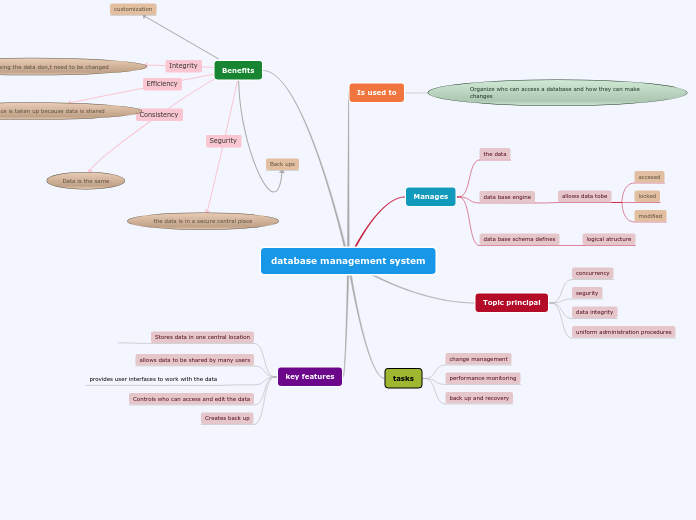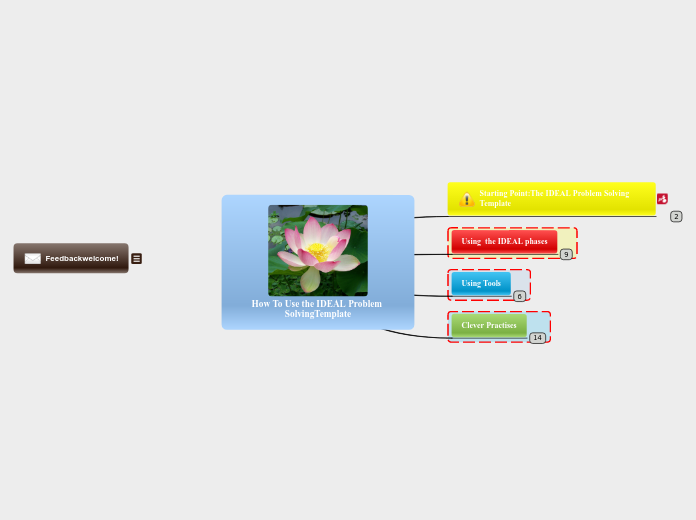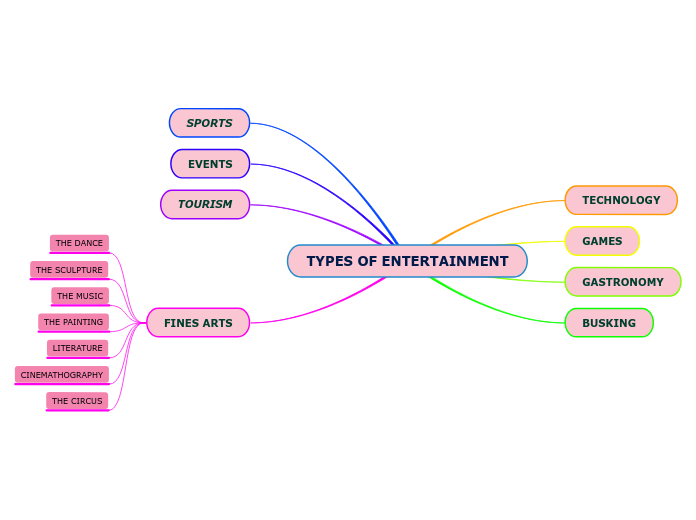INTEL - Optimizing Lean Manufacturing by the use of Technology
Ben Amine Benajiba
IMBA - Operations Management
(please click on the audio icon on the right for Intro)
Take Aways (Audio Conclusion on the link)
As of today:
- 79% of companies have started an IoT initiative.
- 44% of manufacturers have a defined digital strategy.
- 47% believe their business model will be obsolete in three years.
- 89% see customer experience as a basis of competition.
"Operations department has a key role in the value creation for a firm. And in an increasingly competitive marketplace and given the continual progress made for technology, there is always room for improvement and optimization in a Firm’s Operations.” -MCA Connect Booth
Digital Supply Chain Management
Inventory Accuracy
Intel’s expertise the IoT technology integration allowed the company to become one of the leading integrators of it for other firms.
Inventory Management/ JiT/ Customization
With the implementation of IoT at the factory level as well as at the retailers’ level, the information circulated will allow the production to adapt to the customers’ demand, and also make it easy to produce customized products for the customers (this technology could have solved Adidas’ issues when engaging in Mass customization).
Also the use of predictive analytics will allow to stay at very low optimal inventory levels.
Smart Factory
Automation of processes, parametrization, and monitoring. Also the factory can produce 24h/day, 7days/week.
This leads to more efficiency and reduction of risks.
Lean operations principles such as Elimination of waste or Jidoka will be applied intrinsically thanks to the automation and monitoring that allow highlighting the causes of problems// work stops immediately when a problem first occurs.
Production Process
Quality Management
Technology tools are present all along the product’s lifecycle: Design - Manufacturing - Testing
That is one of the main pillars of Intel's QMS (Quality Management System)
Constant Evolution
Intel’s production process did not cease to improve in the past years. Joe Foley, factory manager at Intel Fab Operations in Leixlip, Ireland, said: “Five years ago, it took us 14 weeks to introduce a new chip to our factory; now it takes 10 days. We were the first Intel factory to achieve these times using Lean principles.
Product Lifecycle
Customer Experience
As explained in the previous block, thanks to Digital operations implementation, the supply chain will gain in agility and responsiveness, and consequently improve the customer experience by providing the products he demands on time, and also by allowing a more efficient manufacturing of customized products.
Lean & Technology
IoT & Lean
With this constant exchange of data, combined with the new automation technologies that are emerging and advancement in data analytics, manufacturers can achieve the dream of the truly smart factory.
The value of lean manufacturing and just-in-time processes like Kaizen and Kanban improves exponentially when intelligence obtained via IoT and analytics can be applied. Now it is possible to apply Six Sigma principles with real Big Data.
Smart Factories becoming smarter
An Industrial Revolution
The next Industrial revolution!
- predictive maintenance
- improved yields
- higher quality
- remote management
The Internet of Things
One of today’s trending technologies is the development of connected objects. Intel has been one of the pioneers in the implementation of this technology to its factories in order to gather an optimal amount of data that when paired with the use of Big Data enables the achievement of top performance in Manufacturing and Supply Chain.
A Manufacturing Giant
With semiconductor sales exceeding 409bn USD in 2017 and 62bn USB of global revenue, Intel is without doubt a global leader in its industry.









